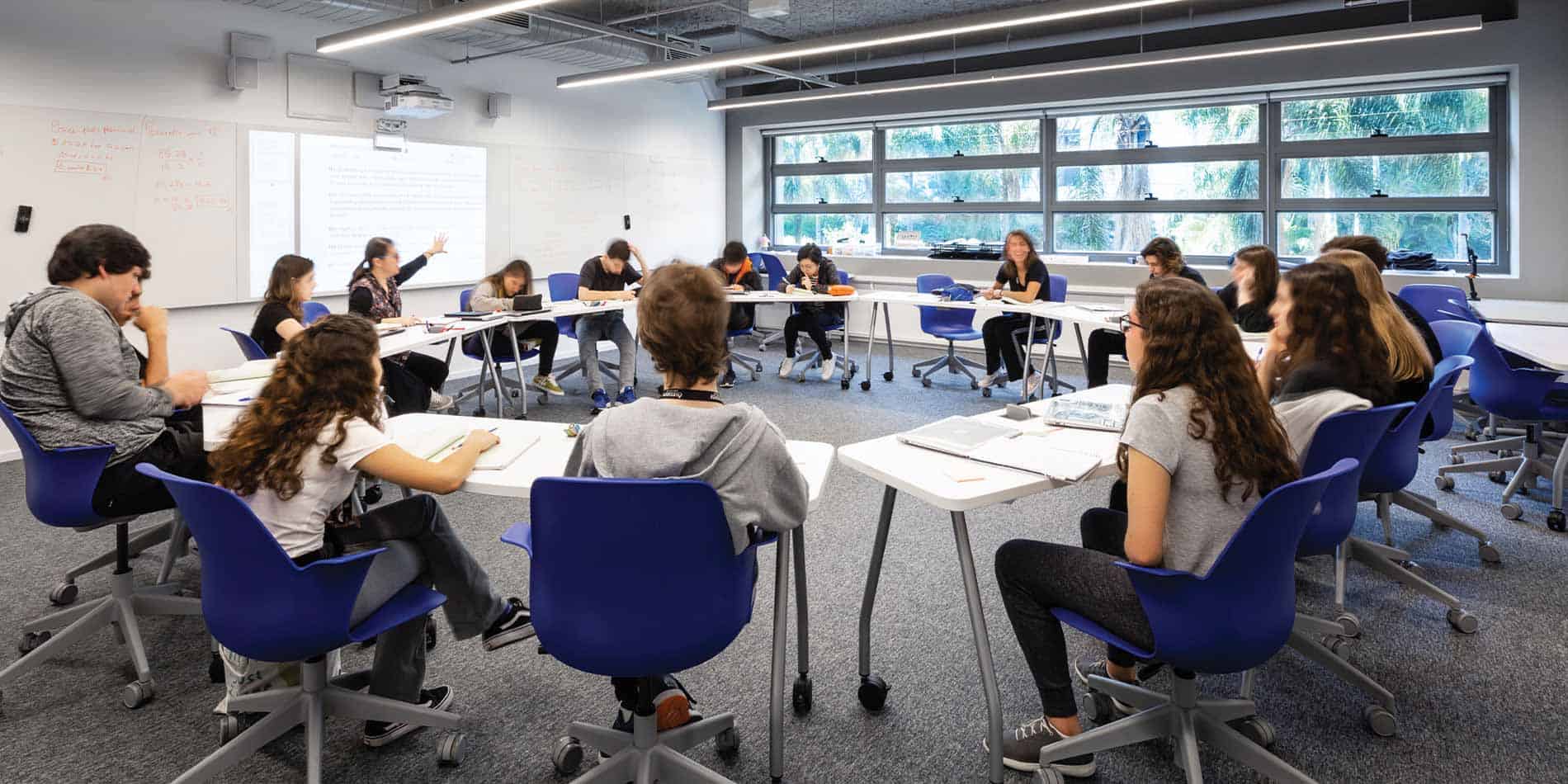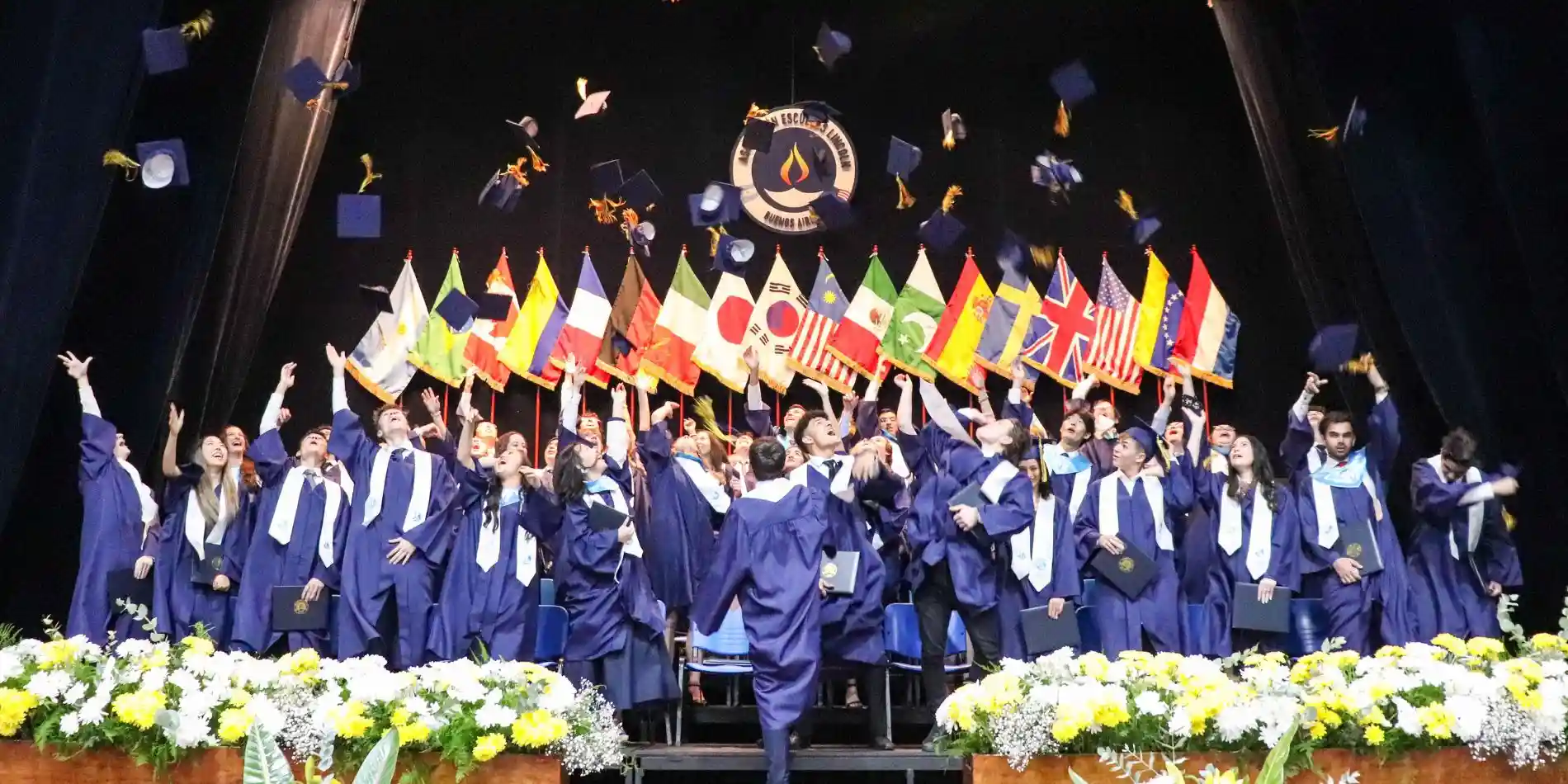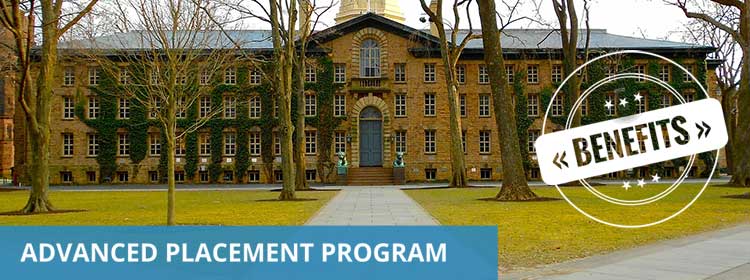American Schools in Brazil are a great choice for both local and expat families as they offer globally recognized curricula, outstanding academics plus a nurturing environment for children. Discover our selection of the best American Schools in Brazil, including reviews, fees, and why families choose them.
Why families choose the American Curriculum?
Families gravitate towards the American curriculum in Brazil for its broad spectrum of benefits that align with a global perspective and advanced educational standards. This curriculum not only prepares students for international higher education but also fosters a diverse skill set, catering to a holistic development approach.
Global Recognition and College Preparedness
One of the foremost reasons families opt for the American curriculum is its wide recognition by universities worldwide. The curriculum is designed to meet the criteria set by top higher education institutions, ensuring a seamless transition for students pursuing studies abroad. The Advanced Placement (AP) courses available in these schools allow students to tackle college-level academic challenges, often earning them valuable credits before even stepping foot into university.
Emphasis on Critical Thinking and Creativity
Unlike more traditional curriculums that often focus heavily on rote memorization, the American system encourages an analytical approach to learning. Students are taught to think critically and solve problems creatively. This methodology not only makes learning more engaging but also equips students with the skills necessary to succeed in a rapidly changing, modern workplace.
Flexible and Inclusive Educational Approach
The American curriculum offers a flexible educational structure that allows students to explore a wide range of subjects before specializing in their areas of interest. This broad-based education is essential in helping students discover their passions and potential career paths. Furthermore, the curriculum supports inclusivity, making it an excellent option for families from various cultural backgrounds. Schools implementing this curriculum often boast a multicultural environment where students from different nationalities collaborate, enhancing their global awareness and interpersonal skills.
English Proficiency
In a globalized world, proficiency in English is invaluable. American curriculum schools in Brazil place a strong emphasis on English language development from an early age. This not only aids in academic pursuits but also in professional environments where English often serves as the lingua franca.
Overall, the decision to choose an American curriculum comes down to its adaptability, rigorous standards, and the promise of developing well-rounded individuals who are prepared to face the challenges of the future. Parents see this educational path as a way to provide their children with the best tools to succeed in a global arena, making it an increasingly popular choice among families residing in Brazil.
Top rated American Schools in Brazil 2025
Avenues São Paulo
Why parents choose this school
Avenues São Paulo
Why parents choose this school
Asociación Escuelas Lincoln
Why parents choose this school
US Curriculum Online Schools in Brazil
How much do American Schools in Brazil cost?
According to World Schools data, the yearly tuition fee for American Schools in Brazil ranges between $11500 and $13900. However, the cost varies significantly depending on various factors such as the school curriculum, extracurricular activities, location, and facilities, and can go up to $34000.
The average yearly cost is $13100, around $1400 per month, and can go up to the maximum monthly cost of $3400.
Additionally, most schools will also charge a one-time registration fee, and you also need to count an extra budget during the year for extracurricular trips, holiday camps, etc.
If you would like to explore American Schools in Brazil with yearly fee filters, please use our advanced search filters.
Understanding the US Curriculum
Summary
The American curriculum in Brazil is highly regarded for its global recognition, emphasis on critical thinking, and flexible educational structure. It prepares students for international higher education and fosters essential skills for future success, making it a popular choice among families seeking comprehensive and forward-thinking education options.






